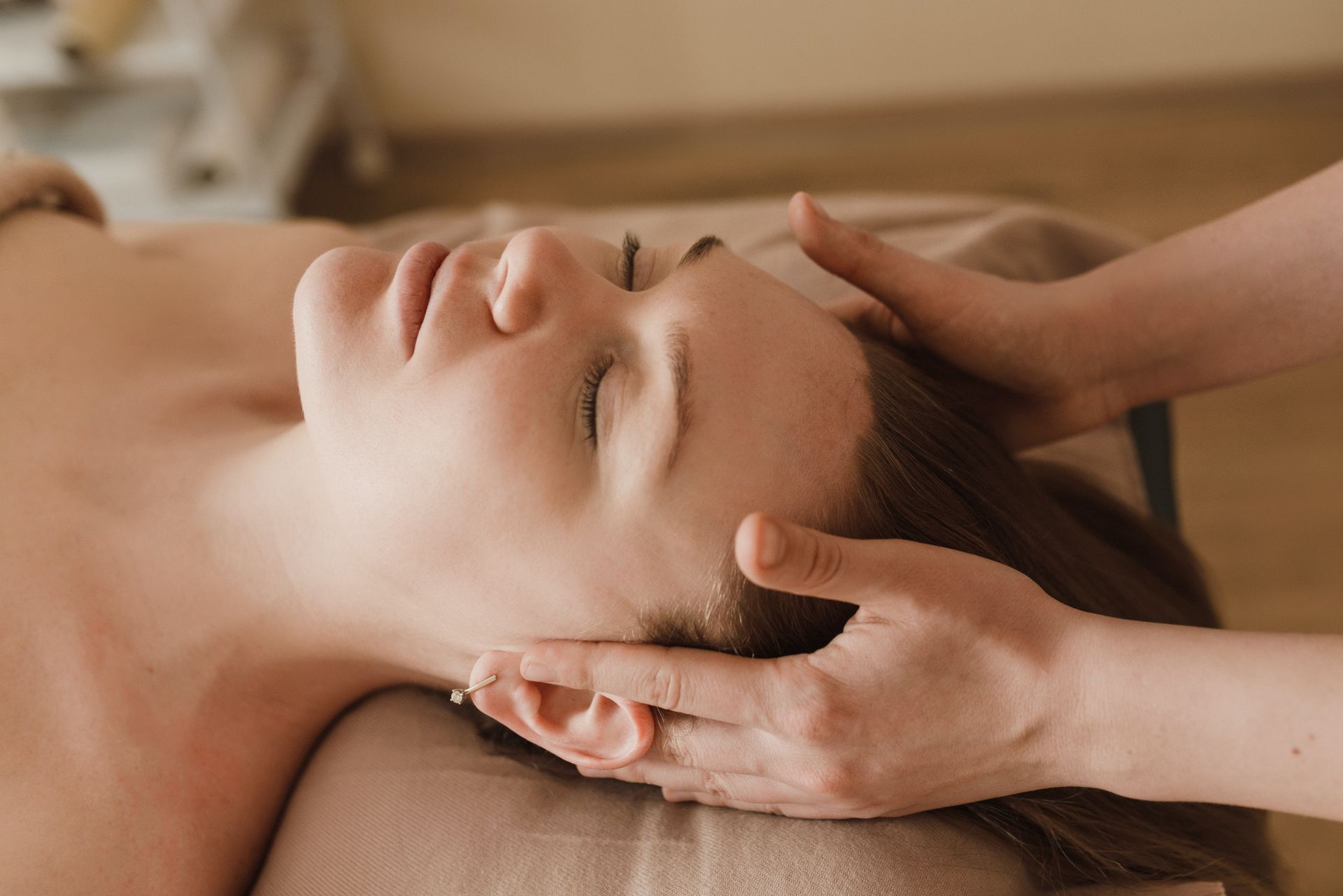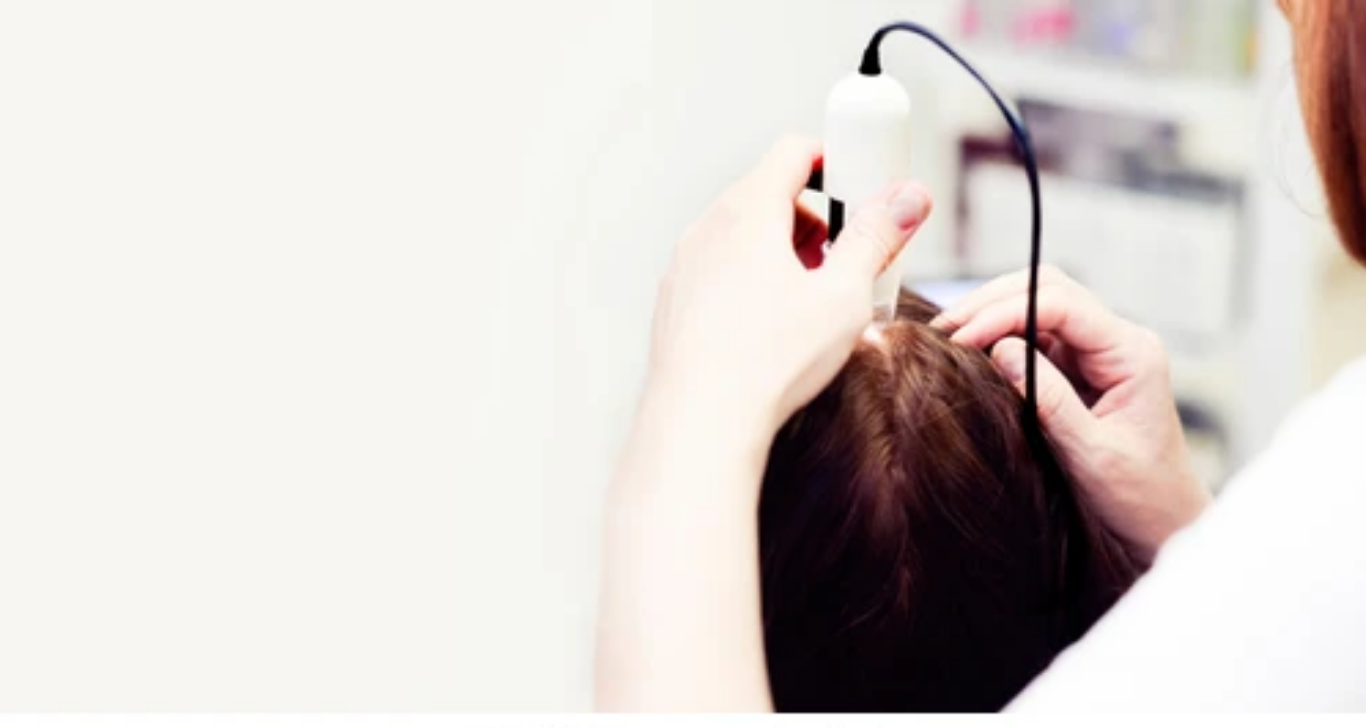Trichologist Birmingham Blog
Trichology vs. Dermatology: Which Specialist is Best for Your Hair and Scalp Health?
Finding Your Specialist: Trichology or Dermatology?
When it comes to the health of our hair and scalp, seeking the right specialist is crucial. Both trichologists and dermatologists play essential roles in maintaining healthy hair and addressing various scalp issues. But which one should you consult? In this article, we'll delve into the world of trichology and dermatology, exploring their expertise, the problems they address, and when it's best to see each specialist. Let's uncover the key differences and find out which specialist is the best fit for your hair and scalp health needs.
Understanding Trichology: The Science of Hair and Scalp
Trichology Defined
Trichology is the branch of dermatology that specifically focuses on the study of hair and scalp health. Trained professionals in this field, known as trichologists, possess specialized knowledge about the structure, function, and common issues related to hair and the scalp. Trichologists take a comprehensive approach to hair care, considering factors such as diet, lifestyle, genetics, and overall health.
Expertise and Focus
Trichologists are experts in understanding the intricacies of hair growth, hair loss, and various scalp conditions. They analyze the health of your hair, examine the scalp for signs of imbalance or damage, and provide personalized advice and treatments to promote healthier hair and scalp.
Common Hair and Scalp Issues Addressed by Trichologists
Trichologists are well-equipped to handle a wide range of hair and scalp problems, including:
- Hair loss (androgenetic alopecia, telogen effluvium, etc.)
- Scalp conditions (dandruff, psoriasis, seborrheic dermatitis, etc.)
- Excessive oiliness or dryness of the scalp
- Thinning hair
- Breakage and damage
Advantages of Consulting a Trichologist
- Specialized expertise in hair and scalp health
- Holistic approach considering lifestyle and health factors
- Personalized treatments and solutions
- In-depth understanding of hair and scalp conditions
Understanding Dermatology: The Comprehensive Skin Experts
Dermatology Defined
Dermatology encompasses the study of skin health, which includes not only the skin on the body but also the scalp. Dermatologists are medical doctors who specialize in diagnosing and treating various skin and scalp conditions, ranging from acne to skin cancer.
Expertise and Focus
Dermatologists have a wide-ranging expertise that covers all aspects of skin health, and they play a crucial role in identifying and treating skin and scalp issues, including hair problems that may have underlying dermatological causes.
Common Hair and Scalp Issues Addressed by Dermatologists
Dermatologists are equipped to handle a variety of hair and scalp issues, including:
- Hair loss (alopecia areata, scarring alopecia, etc.)
- Scalp infections
- Skin conditions affecting the scalp (eczema, lichen planus, etc.)
- Skin cancer detection on the scalp
- Allergic reactions causing scalp symptoms
Advantages of Consulting a Dermatologist
- Medical doctors specialized in skin and scalp health
- Expertise in diagnosing complex conditions
- Ability to prescribe medications and treatments
- Comprehensive knowledge of skin and scalp diseases
When to See a Trichologist
Trichologists are an excellent choice when you have hair and scalp issues that are primarily related to hair growth, hair loss, and mild scalp conditions. Here are some situations where consulting a trichologist is beneficial:
- Hair Loss: If you're experiencing hair thinning or hair loss, especially if it's not related to a medical condition, a trichologist can assess the underlying causes, recommend treatments, and provide guidance on lifestyle changes to promote hair regrowth.
- Scalp Imbalance: If you have a dry or oily scalp, dandruff, or mild itching without clear medical causes, a trichologist can help identify the factors contributing to these issues and suggest appropriate treatments.
- General Hair and Scalp Health: If you're interested in maintaining healthy hair and preventing potential issues, a trichologist can offer personalized advice on hair care routines, suitable products, and dietary adjustments to promote optimal hair and scalp health.
When to See a Dermatologist
Dermatologists are the go-to specialists when you're dealing with more complex skin and scalp conditions, or if you suspect a medical condition might be causing your hair and scalp issues. Here are situations where consulting a dermatologist is advisable:
- Severe Hair Loss: If you're experiencing significant hair loss or bald patches, especially if it's accompanied by skin changes, a dermatologist can diagnose the underlying condition and recommend appropriate medical treatments.
- Scalp Infections: If you have signs of a severe scalp infection, such as pain, redness, swelling, or discharge, a dermatologist can identify the cause and prescribe antibiotics or antifungal treatments.
- Skin Conditions Affecting the Scalp: If you have skin conditions like eczema, psoriasis, or lichen planus that are affecting your scalp, a dermatologist can provide specialized treatments to manage these conditions and alleviate symptoms.
Collaboration and Referrals
In some cases, the expertise of both trichologists and dermatologists may be necessary for a comprehensive approach to hair and scalp health. Collaboration and referrals between these specialists can be highly beneficial, especially when the condition requires a combined effort. For example:
- Complex Cases: When a hair or scalp issue is complex and involves both hair health and underlying skin conditions, a dermatologist and a trichologist can work together to provide a more effective treatment plan.
- Medical Conditions: If a dermatologist diagnoses an underlying medical condition that is contributing to hair loss or scalp problems, they may refer you to a trichologist for specialized hair care advice during the treatment process.
- Post-Treatment Care: After receiving treatment from a dermatologist for a scalp issue, a trichologist can provide guidance on maintaining hair health and preventing future problems.
Choosing the Right Specialist for You
The choice between a trichologist and a dermatologist depends on the specific issue you're facing. If you're dealing with general hair care, mild scalp issues, or hair loss without apparent medical causes, a trichologist may be the best fit for you. On the other hand, if you're dealing with severe hair loss, scalp infections, or complex skin conditions affecting the scalp, a dermatologist's medical expertise is crucial.
Prioritizing Hair and Scalp Health
In the realm of hair and scalp health, both trichologists and dermatologists play essential roles, each with their unique expertise and focus. Understanding when to consult each specialist can make a significant difference in addressing your specific concerns. Prioritize your hair and scalp health by choosing the right specialist based on the nature and severity of the issue you're facing. Whether you seek the holistic approach of a trichologist or the comprehensive medical knowledge of a dermatologist, taking proactive steps toward maintaining healthy hair and scalp is a vital investment in your overall well-being.



